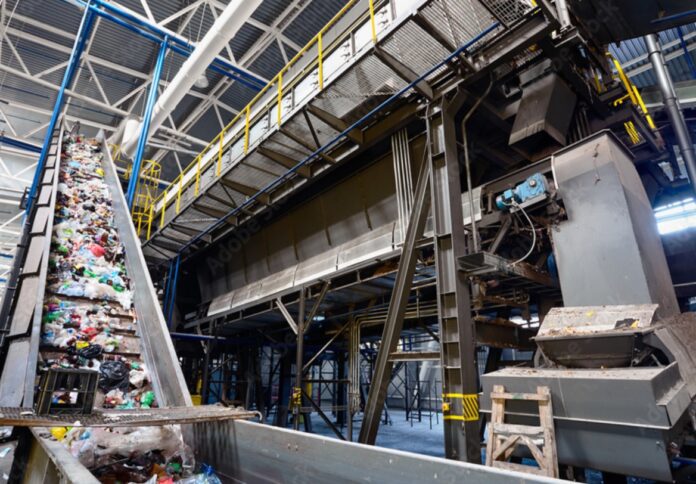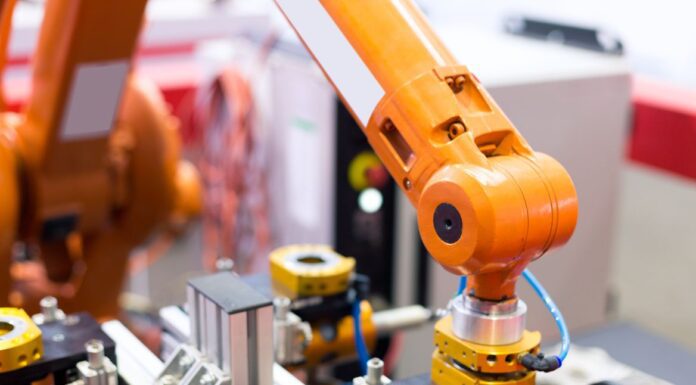
The Australian Government has allocated $40 million to the University of Sydney to address the plastic waste crisis and establish a circular economy that imparts financial value to plastics at the end of their lifecycle.
The funding, part of a new co-operative research centre, will facilitate innovative research aimed at transforming the entire lifecycle of plastics, from design and usage to recycling, the university said in a news release.
Led by Griffith University, the Solving Plastic Waste Co-operative Research Centre (CRC) will bring together experts, including Professor Thomas Maschmeyer and Dr Alex Yuen from the University of Sydney’s Faculty of Science, along with commercial partner Licella Holdings.
Professor Emma Johnston, deputy vice-chancellor of Research at the University of Sydney, expressed enthusiasm about the university’s role in addressing this environmental challenge.
“Tackling the plastic waste crisis is a key environmental challenge of our time. I am delighted that, thanks to generous funding from the Australian government, the University’s expertise will be leveraged to heed this pressing concern,” said Professor Johnston.
The transformative initiative will focus on redesigning plastics, developing new manufacturing processes, and finding effective recycling solutions.
Of particular interest is the quest to eliminate microplastic pollution in soil, a critical issue contributing to environmental degradation.
Professor Thomas Maschmeyer, a key contributor from the University of Sydney’s School of Chemistry and a Licella co-founder, highlighted the institution’s long-standing commitment to addressing plastic waste.
“The University of Sydney and its partner Licella Holdings have been engaged since 2007 to develop and commercialise the revolutionary Cat-HTR process, which allows the conversion of any plastic, including mixed end-of-life consumer plastic, into oils that can be returned to the petrochemical value chain creating new plastics, enabling true circularity,” stated Professor Maschmeyer.
Dr Alex Yuen, co-chief investigator alongside Professor Maschmeyer, emphasised the transformative potential of advanced chemical recycling.
“Advanced chemical recycling is a transformative technology by which we can truly keep plastics in the circular economy of the future, without compromising on materials’ performance or sustainability,” said Dr Yuen.
The government’s investment of $127 million into addressing methane emissions and plastic pollution aligns with the National Reconstruction Fund’s priorities and underscores the commitment to achieving net zero emissions by 2050.
The Co-operative Research Centres (CRCs) formed through this initiative are expected to deliver tangible economic, environmental, and social outcomes for Australia.
Minister for Industry and Science Ed Husic expressed the significance of the CRC Program in transforming Australian expertise into practical solutions.
“There are very few challenges more crucial than achieving net zero emissions and tackling plastic pollution. I wish these two new CRCs every success in achieving the important objectives they have set,” stated Minister Husic.

















